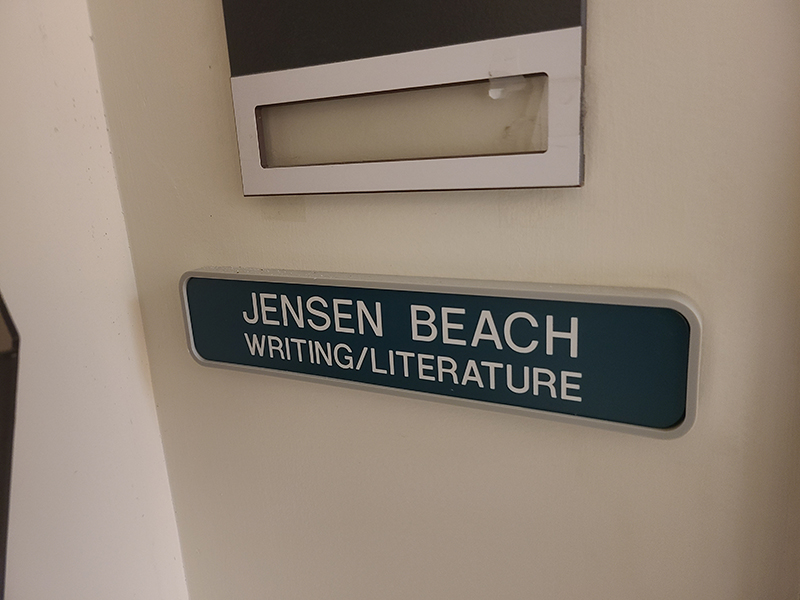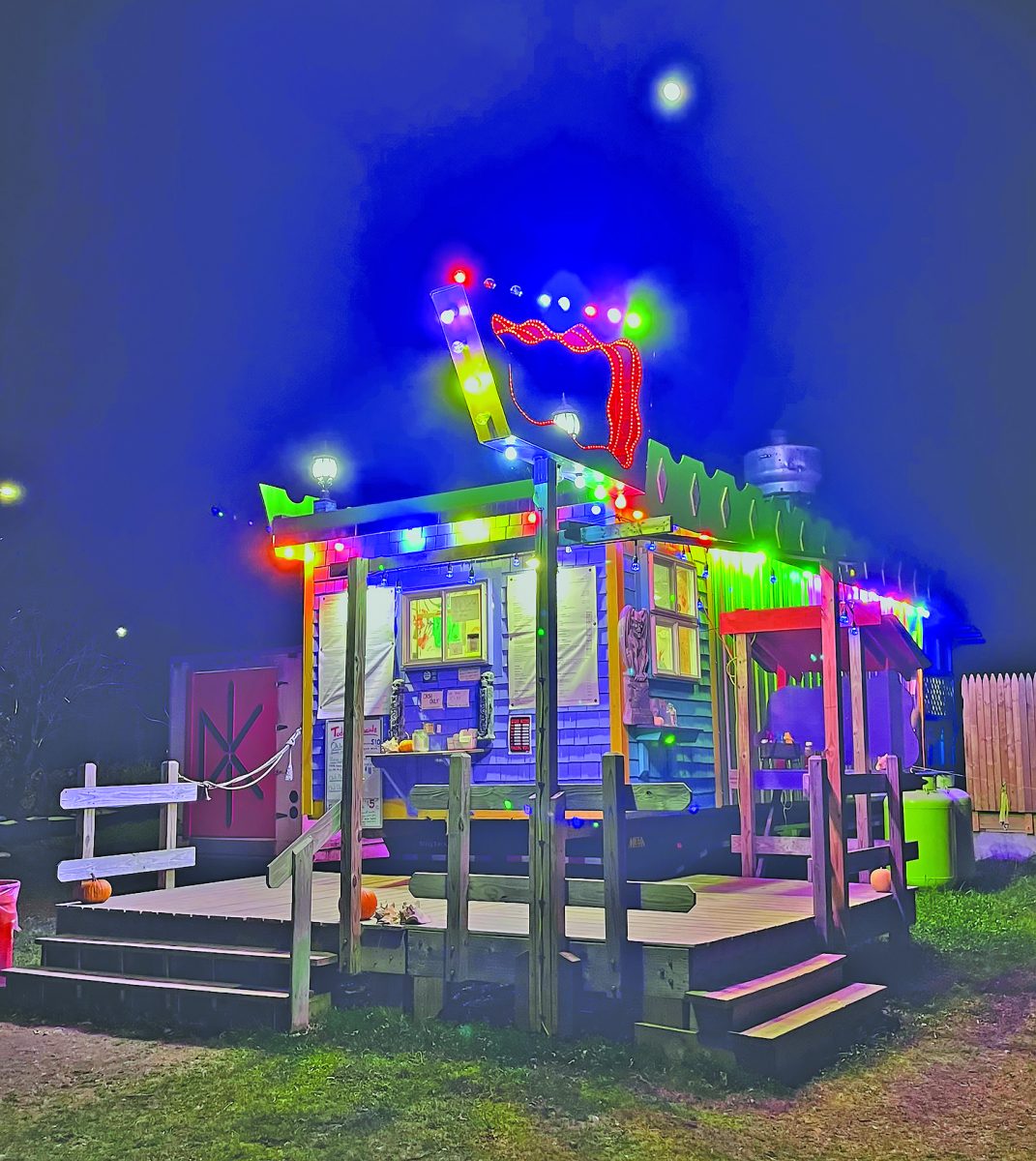Earlier this semester, it was announced that former Interim president David Bergh will go on to continue his leadership work as the new President of Vermont State University. Bergh has been leading VTSU since the departure of former Interim President Mike Smith and will now transition into a new term with a focus on achieving the visions of many students, faculty, staff, and community leaders, for the better of a multi-campus institution. According to the Board of Trustees for the Vermont State Colleges System, it was also announced that President Bergh’s term will progress through June 2026.
The Basement Medicine staff interviewed members of the Johnson campus community for their thoughts, and received a mix of reactions from students and staff.
“I feel the same way that I felt when he was announced as the interim. I hope he stays and interviews for the full-time gig and gets it,” said Shane Stacey, Johnson’s STEM coordinator. “My interactions with Dave Bergh go back to when he was Dean of Students here, and I always found him student-centric and responsive. He wasn’t just a face that pretended to listen, but he seemed to listen and absorb and contemplate.”
First year and transfer students didn’t have much to say, admitting that they didn’t know too much about Bergh. Because of an influx of over 120 new students this semester, it’s possible that many are not aware of President Bergh’s presence or activity as former Interim president.
“It doesn’t really feel like most things have changed in ways that aren’t being impacted by students,” says Chris DuBois, a creative writing major. “We have a lot more good events, but that’s the student body and not the president. So, nothing really feels that different from last year.”
“I had no idea it happened,” said Studio Arts MFA student Finn Watson. “I wasn’t aware of it so I didn’t really care, honestly.”
And others had opinions of Bergh that were affected by choices and decisions made by higher administration in the past couple years.
“I am disappointed that he and his decision-making team didn’t have the courage to look to the future of the performing arts,” said Laura Roald, Part-time faculty member in the PAT program.
“And I do believe that our students, and the type of education and career training that we were developing, would fill a real need, both in Vermont and in North America. It’s a one-of-a-kind program that did not exist anywhere else, and it’s a shame for it to have not had a chance to fail or succeed on its own merits.”
Categories:
Bergh Reactions
Staff
•
September 24, 2024




